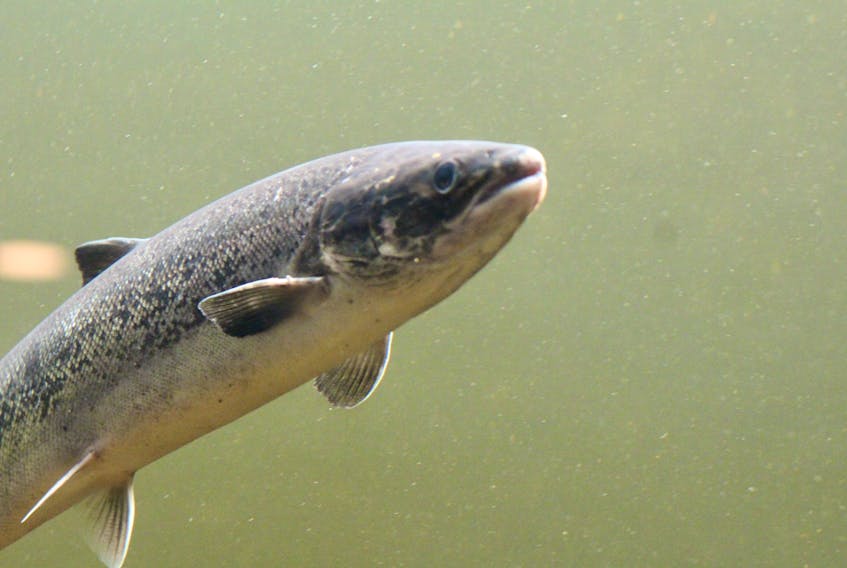First it was one judge in the Newfoundland and Labrador Supreme Court.
Then, last Friday, three judges in the Newfoundland and Labrador Court of Appeal joined the chorus.
If you’re counting, that makes it zero for four for the provincial government and its efforts to speed a Placentia Bay aquaculture operation through the province’s environmental assessment process.
Friday’s decision saw the three Court of Appeal judges agree that the province’s minister of environment at the time, Perry Trimper, exceeded his authority.
“The minister’s emphasis on acting according to his opinion and discretion to make determinations under the Act and Regulations does not free him to make a decision without regard to the legal framework provided by the legislation,” Judge B.G. Welsh wrote.
Judge J.A. O’Brien agreed; “I would conclude that the applicable provincial environmental legislation mandated the Minister of Environment and Climate Change in this circumstance to require that further environmental assessment procedures be undertaken before any decision could be made regarding the release of the project.”
O’Brien pointed out that a report on the project by provincial bureaucrats, “highlighted numerous instances where there were significant gaps in the science and where there was unknown technology intended to be used. The report stated on many occasions that further research was required or would be recommended in relation to key areas where negative effects might directly result from the project.”
Related stories:
Provincial government’s appeal of Grieg NL environmental assessment decision dismissed
Province announces major financial investment in Placentia Bay aquaculture project
But the main issue dealt with public concern about the project, and the requirement in the act that such concerns be addressed; “(In) circumstances where the record demonstrates that there is significant public concern, the minister cannot arbitrarily avoid the requirement of an environmental impact statement … by simply concluding that there is not significant public concern,” O’Brien wrote.
In short, the government got schooled on its own legislation.
The successful opponent in the case? The Atlantic Salmon Federation (ASF). Though Grieg NL, the aquaculture project’s proponent, has since delivered an Environmental Impact Statement that the provincial government deemed satisfactory — followed by a splashy announcement by Premier Dwight Ball about all the jobs the project would create — the ASF is once again arguing that the government let the company take shortcuts. An ASF release says the environmental work was rushed, and points out, “A provincial review committee assigned to the Placentia Bay aquaculture project issued explicit guidelines for the company’s EIS, but many of those requirements, including the need to gather baseline data on wild species in Placentia Bay, remain incomplete.”
It all leaves an interesting question: when the provincial government has its own keen political interest in having a project going ahead — to the point of financing part of the project — how can it also be an effective environmental regulator?
Four judges have said the minister responsible cut corners to exempt the project from full review.
This may all be back in court again.








